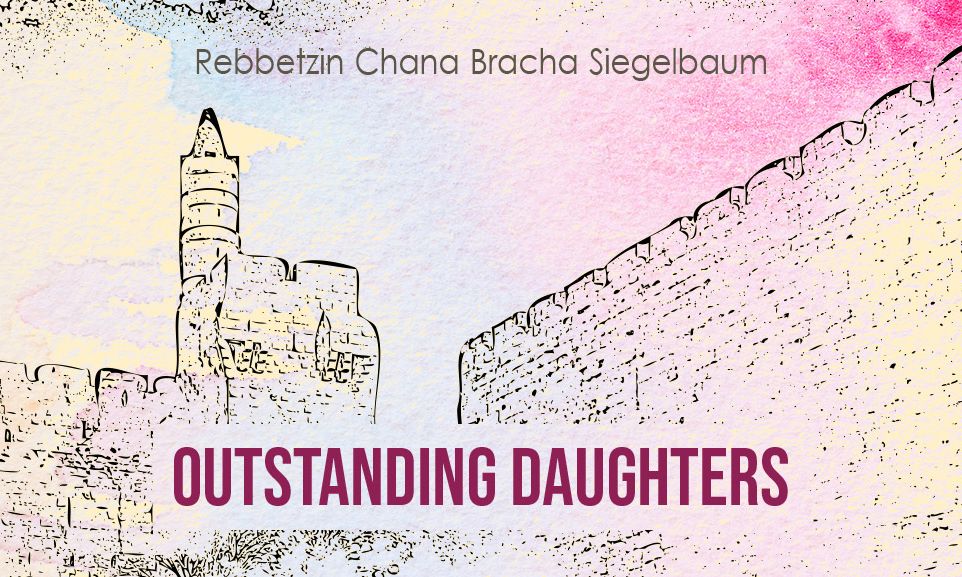
Pinchas: Outstanding Daughters
Perhaps the reason why women have a greater connection with the Land of Israel is that they excel in emuna, as they are less inclined to rely on their own strength.

AMONG THESE THERE WAS NO MAN
Immediately after the Torah’s account of how Kalev and Yehoshua where the only men who left Egypt that merited to enter the Land of Israel, the five brave daughters of Tzelafchad demand their inheritance in Israel. “Then approached the daughters of Tzelafchad, the son of Hepher, the son of Gilead, the son of Machir, the son of Menashe, of the families of Menashe the son of Yosef; and these are the names of his daughters: Machlah, Noah, Chogla, Milkah, and Tirzah…saying… Wherefore should the name of our father be done away from among his family, because he had no son? Give unto us, therefore, a possession among the brothers of our father” (Bamidbar 27:1-4).
Rashi comments on the verse, “Among these there was no man…” (Bamidbar 26:64), and explains why the chapter regarding the daughters of Tzelafchad follows immediately afterwards. “The decree resulting from the incident of the spies had not been enacted upon the women, because they held the Promised Land dear. The men had said, “Let us appoint a chief and return to Egypt,” while the women said, “Give us a possession in the Land.” Likewise, Malbim asserts that the women in that generation were on a higher level than the men. Menachem Becker points out that Hashem never commanded Moshe to send male spies. Rashi stated in parshat Shelach: Send for yourself “- i.e. according to your own judgement. I do not command you, but if you wish to do so, send them.” Later sages have explained this Rashi in the following manner: I would have suggested that you send women to spy the Land, for they would not speak evil about it, but if you decide to send men, behold, that is on your own responsibility (Parparaot l’Torah, parshat Pinchas).
BETWEEN COMFORT AND DEVOTION
“…of the families of Menashe the son of Yosef” Malbim asks: Why was it necessary to mention Yosef in connection with Tzelafchad’s daughters? Since Scripture states that they are from the tribe of Menashe, it follows that they are descended from Yosef as well. He explains that half of the tribe of Menashe received their heritage on the other side of the Jordan River because they did not hold the Land dear. However, the daughters of Tzelafchad were associated with Yosef in their love of the land of Israel. Yosef expressed his love of Israel by requesting that his brothers swear to bring his bones up to the Holy Land. Similarly, the daughters of Tzelafchad requested a portion within the Land. For this reason they asked, “Give us a possession among the brothers of our father.” The father’s brothers were the sons of Chefer, whose lots were inside Israel proper. Although the grass was greener, and life seemed easier on the other side of the Jordan River, the daughters of Tzelafchad were not enticed by easy comforts. The heroines of our parsha were not interested in just making a living off the Land. They wanted a part in the spiritual promise of cultivating a relationship with G-d, through the Land as a physical vehicle for revealing Hashem‘s blessing in the world. Today, we are also faced with the challenge to choose between comfort and idealism, may the daughters of Tzelafchad serve as an eternal inspiration.
WOMEN EXCEL IN EMUNA
The Chatam Sofer explains the reason why the men said; “let’s appoint a chief to return to Egypt…” They lacked faith in their ability to possess the Land through the merit of their forefathers. This was because they failed to understand that the Land had already been sanctified through G-d’s promise to Avraham, which made it possible for Israel to conquer it. If possession of the Land depended solely on conquest in war, it would have been fair to allot it only to those who endangered their lives in warfare. Women would then be undeserving of a portion, since it isn’t the custom for women to engage in war. However, the daughters of Tzelafchad realized that the Jewish people already had the right to the Land through the merit of Avraham, who had conquered it in a spiritual sense for all his children to come. When we don’t rely on our own strength, our faith remains even when the task seems beyond our capability. Perhaps the reason why women have a greater connection with the Land of Israel is that they excel in emuna, as they are less inclined to rely on their own strength.
THE DAUGHTERS OF TZELAFCHAD TEACH HALACHA
“This chapter ought to have been taught in the name of Moshe, but because the daughters of Tzelafchad had so much merit, it was therefore written through them” (Baba Batra 119a, Sanhedrin 8a). Eliyahu Kitov asks: What was the great merit of Tzelafchad’s daughters that they taught laws of Torah, which even Moshe was unable to teach? He explains that they arose in the generation of the wilderness and merited receiving the reward for the entire generation. Moshe asked them, “Behold, Israel wants to return to Egypt, and you request an inheritance in the land?” They answered, “We know that in the end, all Israel will possess the land.” This is what Hillel used to say: “in a place where nobody jumps at the merchandise, buy it; in a place where there are no men, become a man” (Perkei Avot 2:5).
The request of the daughters of Tzelafchad showed how firmly they believed that Israel would return to its borders. Even at a time when everyone else had lost hope, they had tremendous faith. This is the special zchut (merit) through which the daughters merited a portion of the Torah to be written through them; as Rashi states, regarding the verse, “The daughters of Tzelafchad speak right” -This tells us that their eye saw what Moshe’s eye did not see (Rashi Bamidbar 27:7). So much credit was attributed to the daughters of Tzelafchad that they were given an even finer perception on certain parts of the Torah than Moshe himself.
***
Rebbetzin Chana Bracha Siegelbaum is Director of Midreshet B’erot Bat Ayin in Gush Etzion. This article is an excerpt from her book Women at the Crossroads: A Woman’s Perspective on the Weekly Torah Portion, reviewed by The Jerusalem Post, The Jewish Press, Voices Magazine, Good Reads, and WordPress/JewishPress and more. To order this book, click here.


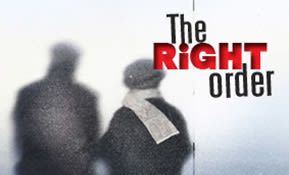

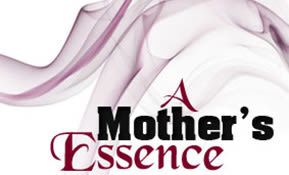
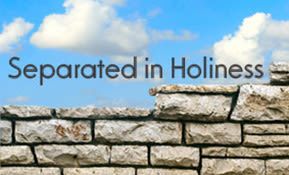
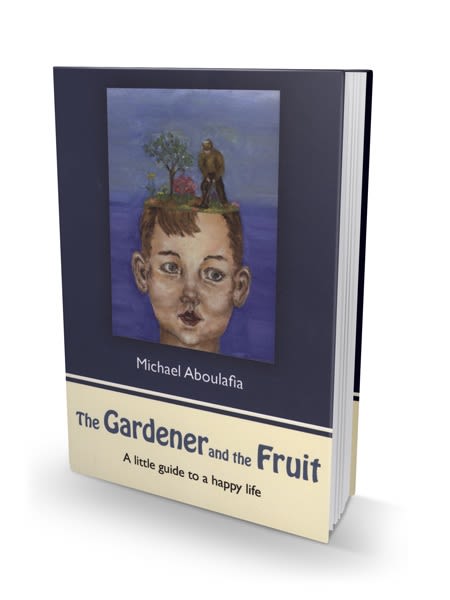
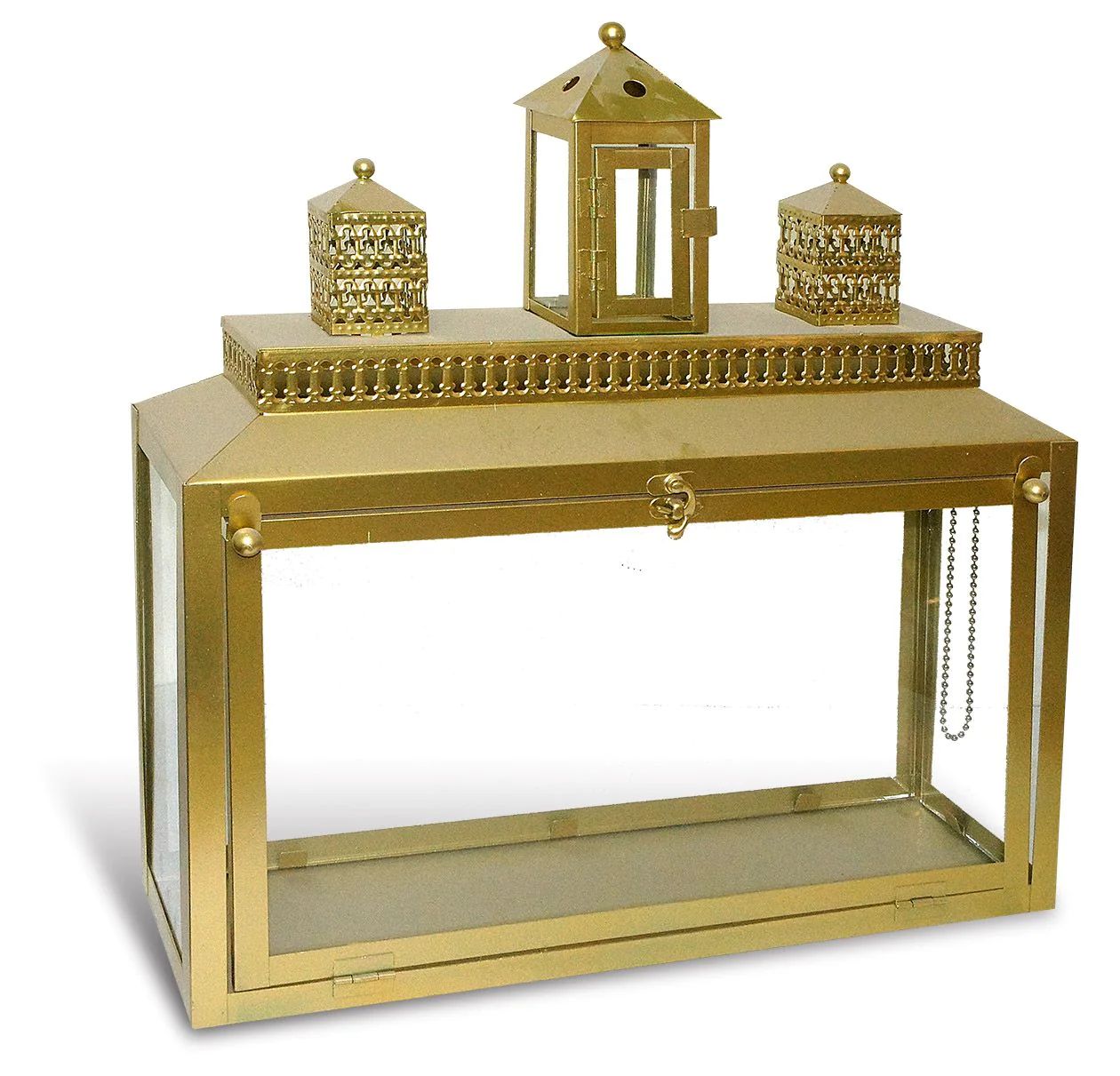
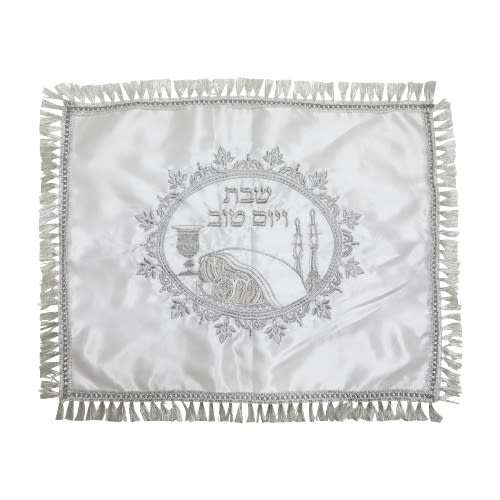
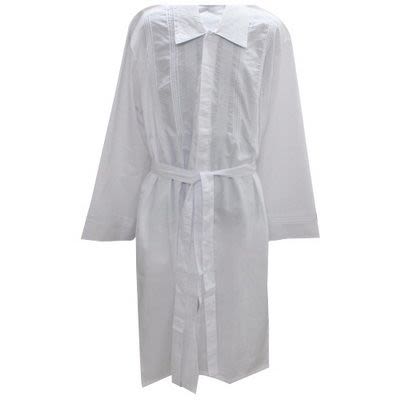
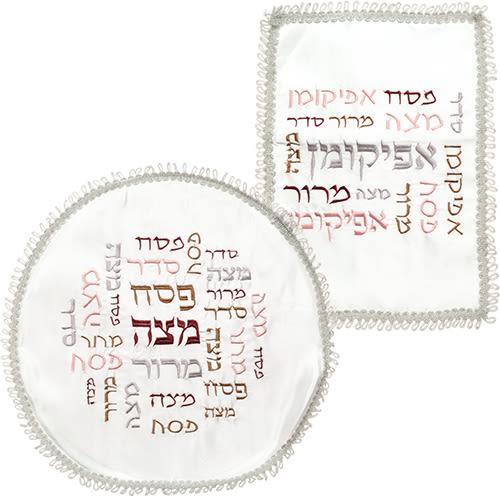
Tell us what you think!
Thank you for your comment!
It will be published after approval by the Editor.